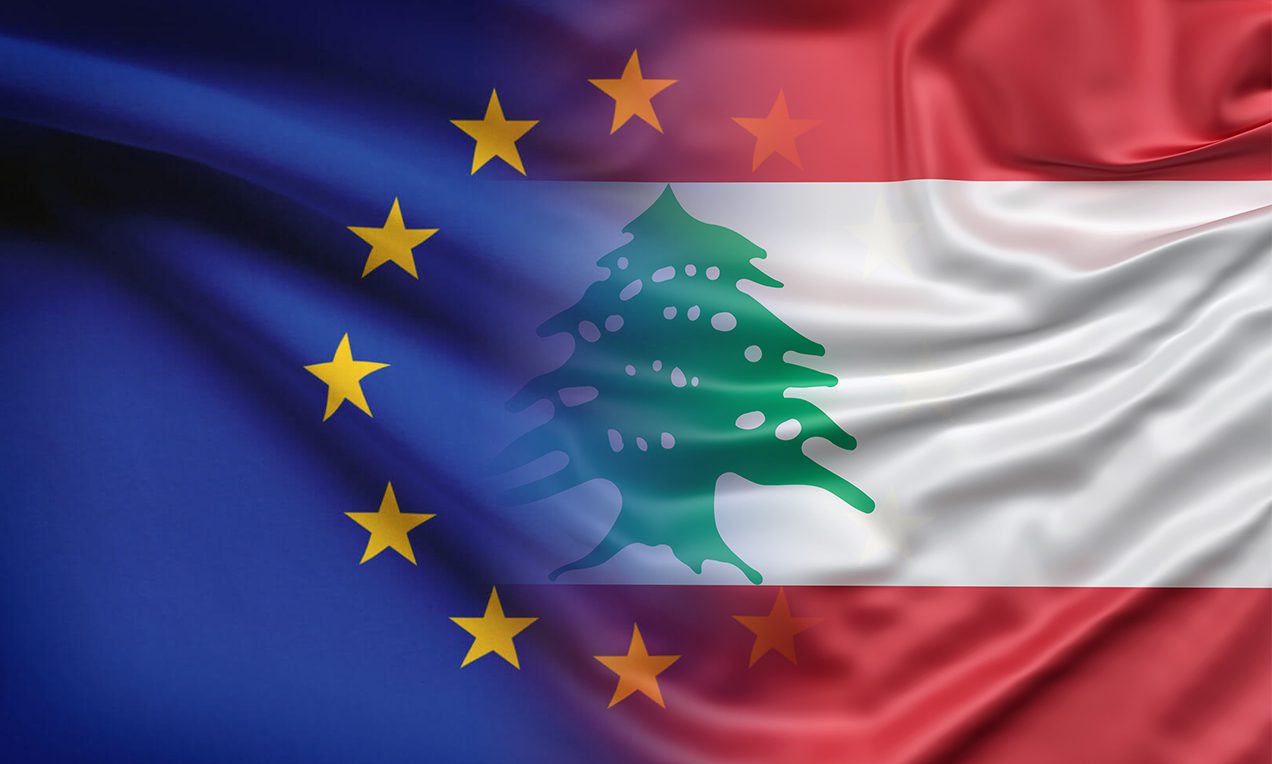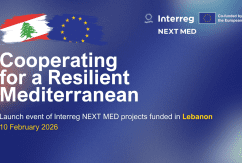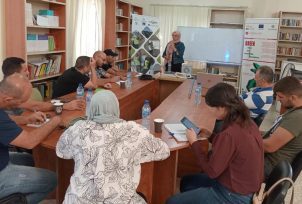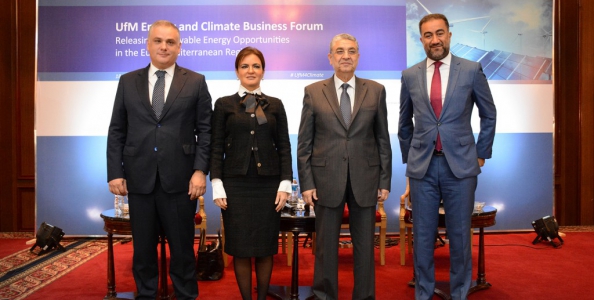Lebanon: Statement by High Representative Josep Borrell on the political situation in the country

On 31 October, the mandate of President Aoun expired. After four inconclusive rounds of parliamentary votes, no candidate was elected and the Presidency of Lebanon is now vacant.
Since the last general elections in May no government was formed. Such political vacuum is occurring while Lebanon is facing a deteriorating socioeconomic situation. Institutional volatility compounded with economic instability would pose serious risks for Lebanon and its people.
The EU once again calls on the Lebanese leadership to organise presidential elections and form a government with the utmost urgency.
In July 2022, the EU renewed a sanctions framework that allows to impose restrictive measures on individuals or entities blocking an exit to the Lebanese crisis.
In order to facilitate the disbursement of the additional international funding and reverse the deteriorating trend of the Lebanese economy, a disbursing agreement with the International Monetary Fund (IMF) must be reached; and key, long overdue reforms must be undertaken without any further delay.





























 Syria
Syria 





